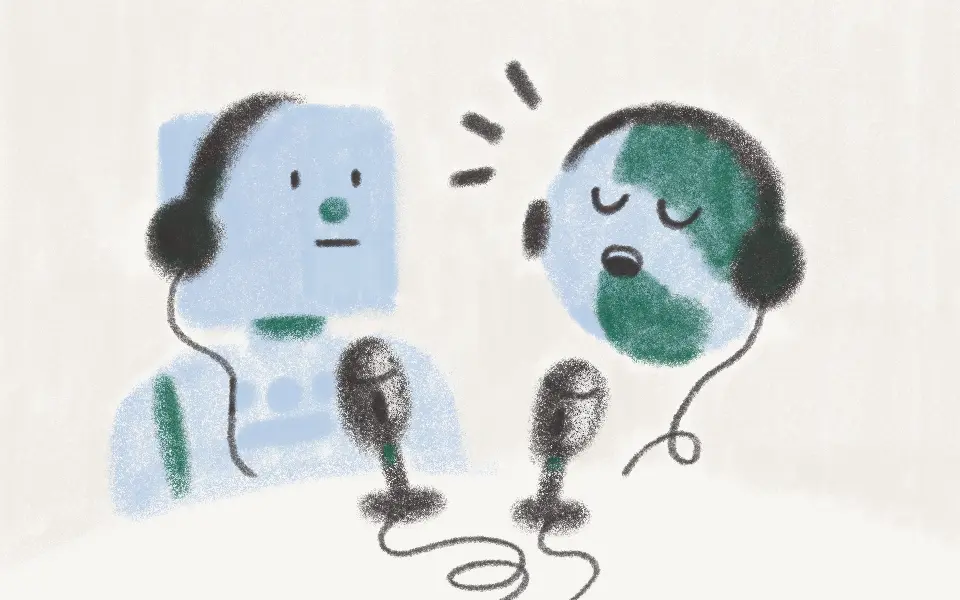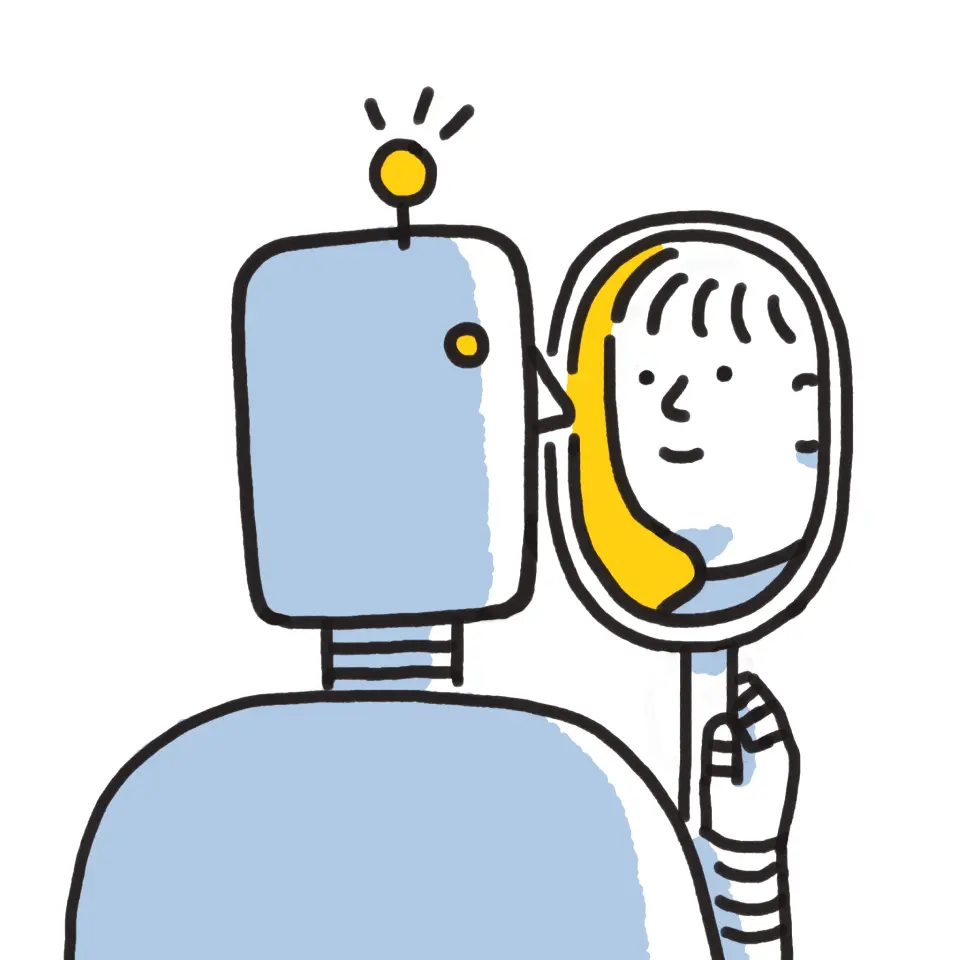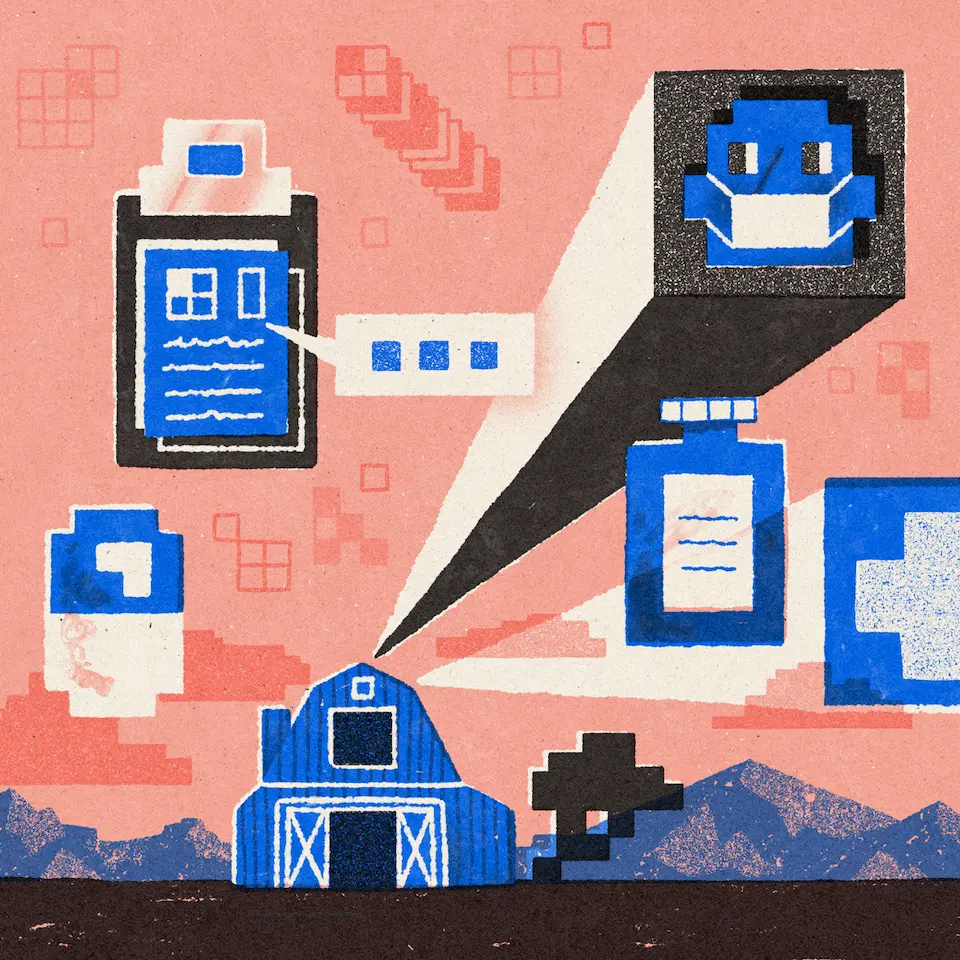
What the growing popularity of office simulation video games says about modern work
Video games allow anyone to escape the mundane and experience something otherworldly. It’s sort of strange, then, that over the last decade or so, games that simulate doing boring office work have become a pretty popular subgenre. Apparently there’s nothing quite like coming home from a long day of work to experience another long day of work.
The broader simulation genre started with the Colecovision game Fortune Builder (1984), which was basically like a proto-SimCity. This naturally led to numerous Sim titles (The Sims, SimCity, SimAnt) and Microsoft Flight Simulator, both of which fully popularized the genre. The latter was a deadly serious attempt at recreating the experience of flying a plane, in as perfect detail as one’s expensive computer graphics card could permit. Or, per the average player’s experience, it simulated briefly taking off in an enormous passenger jet and then crashing it in an explosion of fire. Who would’ve guessed that flying planes is hard?
Subsequent games usually involved working an interesting job, like a truck driver, a farmer, or a surgeon. As the rigorousness of Flight Simulator was easy to poke fun at — it’s so serious — many of them winked a little bit, messing with the sober expectations of a typical sim game up to that point. Contemporary takes on the genre are now usually half- or three-quarters joking (see: Goat Simulator). Even something like My Summer Car — which rigorously simulates building a car piece-by-piece during a long, hot summer, includes a realistic bladder/urination component. Most of these games include the year in their titles (see: Farming Simulator 17), as if to suggest that the simulation will get future updates, becoming only more realistic, presumably with better urination-physics.
There’s no escapist fantasy here, and in its place aggressive satire of contemporary office life.
It was probably inevitable that we’d eventually get a sim sub-genre that dealt with office work, so it’s not exactly a shock that there are a solid handful of games that tackle the subject. Still, it’s kind of odd, considering that unlike many of the usual subjects depicted in sim games (driving trucks, being goats), most people already work office jobs. There’s no escapist fantasy here, and in its place aggressive satire of contemporary office life. Basically, imagine if Office Space were a game. Exploring a few of them allows us to see what many of us hate about office work — or what we wish it could be.
***
Perhaps the first true office satire was the inventive Takeshi’s Challenge (1986) for the NES. It’s considered one of the worst games ever made, but this is largely in error, by those who missed the joke.
Created by director/comedian Takeshi Kitano (aka Beat Takeshi), the game is a side-scrolling adventure that follows a salaryman as he goes about his life. It opens with him entering his office, where he’s reprimanded by his boss. The game is open-ended, so the player can choose to just do their character’s job, then go out and get wasted after work. They can also choose to punch their boss (and anyone else), or try to search for hidden treasure to escape their dull existence and find true happiness. The game was impossibly hard, and was kind of a postmodern joke, so it’s not a surprise that it went over most gamers’ heads.
Since then, gamers have become a bit more welcoming of weirder games. For example, check out Job Simulator, a VR game about playing a VR game (whoa) that simulates working a dull cubicle job. You complete various tasks with no discernible purpose. Phone calls come in, where a shrill voice asks to be transferred to a random number. You turn on a computer, and take care of your 65,535 email inbox (by deleting all of them). Faxes (yes, faxes) come screeching in telling you in bold red font to “Get to work!”
Everything about the game is a dark joke on a dreary kind of old-school office labor. The cubicle is decorated with dark inspirational posters, like one that reads Make Job Happen, and a calendar where the month is “Job-Tember.” If you get tired, a snack cart occasionally cruises by, where you can grab a “liquid stimulant” so you can work harder.
It seems like these games are a roundabout way of mocking the grind of hustle culture.
Though it’s less immersive, the game Day Job is similarly darkly funny. As the developer describes it, it’s “a labor of love with a pinch of sarcasm and a hair of hate.” The game is an 8-bit-style side-scroller where you guide an employee through an office for a corporation called Corp!, as they collect red-colored files and cups of coffee. You only have one life, and your score is actually just debt. But, hey, you start with 130,922 of it—that’s good, right? There’s the ability to jump, but no real reason to.
Each level counts as one day, and the goal is to try to get through the week without quitting the game in boredom. Since every level is the same dull slog, this is actually pretty challenging. At the end of the week (TGIF, amirite?), you get a very, very brief cutscene of your character having fun, either eating dinner with his friends or watching television. Then it’s back to the grind.
One of the funniest and most meta video games ever made, The Stanley Parable, begins with its main character (named Stanley, if that wasn’t obvious) tapping at his old beige computer. The opening narration, spoken in a British accent reminiscent of John Cleese, tells us that Stanley, aka Employee #427, has a simple job where he sits at a desk in his tiny room and follows orders sent to him on a computer.
“This is what Employee #427 did every day of every month of every year, and although others might have considered it soul rending, Stanley relished every moment the orders came in, as though he had been made exactly for this job,” the narrator explains. “And Stanley was happy.”
Until, that is, something “very peculiar” happens. No orders appear on his computer. In fact, it seems like everyone in his office has suddenly disappeared. Unsure of what to do, Stanley decides to leave his office and investigate.
What he does from that point forward affects the outcome of the game, which has over nineteen endings, including the “coward’s ending” where you simply close your office door and do nothing. While it’s technically not a satire of office life, focusing instead on the nature of choice and free will in video games, the office elements lend an important atmosphere to the game.
Why should work be stressful and draining, rather than purposeful and rewarding?
Office Management 101 is another satirical office game, set in a “fictional capitalistic dystopia” (imagine!). Unlike the other games in the genre, you play as upper management. You can win the game by essentially being a horrible boss, designing the perfect terrible office, being overly aggressive and ruthless, underpaying and overworking your employees. It’s deeply sinister, but pretty entertaining, in the same way that committing senseless violence in Grand Theft Auto is appealing.
Similar in tone, but taking place in the physical world, is Busy Work, a competitive multiplayer game in which players sit in actual cubicles and have to complete rote office tasks. The first player to complete all of their work wins. It’s hilarious to see a group of six play it in person, frantically rushing around, the faux-office setup breaking down in the process.
As sort of an inverse, there’s also Stardew Valley, which opens with your character working at an unnamed tech company, struggling with burnout. Fortunately, you inherit your grandfather’s old farm, where you can escape and try to find a new meaning and purpose in life. This involves planting and tending to a field of crops, and also digging deep into an elaborate mine system for resources. That, plus, making a bunch of friends along the way.
It’s interesting, in that it opens with the kind of office satire familiar to the games explored above, but then transitions to an effective counter-argument. Stardew suggests that the real value in life exists outside, in nature, and in building a community of close friends that rely on and support each other.
That, plus certain games just become work. Consider also grindfests like Ark, for example, where one has to aggressively mine for resources in order to progress. This kind of RPG ends up feeling like a job, especially if you end up organizing with other players, and splitting up tasks to become more efficient — that is, becoming a corporation. The main difference is that, you know, you don’t get paid. It’s not exactly intentionally satirical, but it does make one think about the very thin line between completing video game tasks and actual work tasks.
***
What can office satire games tell us about contemporary views of office life? What does their popularity say about the modern workplace?
Usually a sim game’s appeal is in the fact that it provides us with an idealized view of whatever it’s depicting. That is, it’s all the best parts of a job, stripped of all the things that make them dreadful. Driving a truck across country can be pretty fun, when you don’t have to worry about making difficult quotas and coping with the relentless boredom of the road. Or, like the Yard Work simulator, some things are just more fun when you do them in a game world, with its easy rewards and sped-up time.
It’s possible that this is what’s at play, in the same way the jobs in Office Space seem kind of pleasing in retrospect, considering the work experiences of most millennials. You mean you just have to fill out TPS Reports all day? And still get a steady income? Leaving at only 7pm is considered staying late, and not the norm? Where do I sign up? I very much would like to contract a case of the Mondays!
Office satire games, however, seem to serve a different function. Perhaps, like a dystopian movie, they offer a kind of bleak reassurance that things could always be worse. Someone stuck in one of David Graeber’s famed “bullshit jobs” may feel a little less alone knowing a designer bothered to simulate a world for the express purpose of satirizing their own private torment. Or, they remind us that old office jobs, despite their relative stability and cushiness, weren’t exactly that great. It’s hard to find meaning and purpose in filling out all those TPS reports.
What would it mean to have a job that allows for quiet contemplation and rewards patience and meaningful contributions?
Let’s consider the repeating tropes throughout each of the above games. There are drab cubicles, relentless and cruel bosses, bad motivational posters. There’s a relentless demand to complete difficult, repetitive, and largely pointless tasks, and little to no opportunities to escape the cycle of work, to be promoted. In fact, as Office Management 101 seems to indicate, management is its own kind of hell.
Ultimately, it seems like these games are a roundabout way of mocking the grind of hustle culture. The aesthetics can change to fit any era, but the kind of work, and how it makes us feel, is all-too-familiar. The dark jokes just make it all somewhat bearable. Maybe it forces us to wonder: What would it mean to have a job that isn’t anxiety-producing, that allows for quiet contemplation, and rewards patience and meaningful contributions, rather than a relentless, 24/7 grind? Why should work be stressful and draining, rather than purposeful and rewarding?
In any case, if you end up getting burned out working too many simulated jobs for simulated pay, there’s always Vacation Simulator, which offers that simulated vacation you so desperately need.







